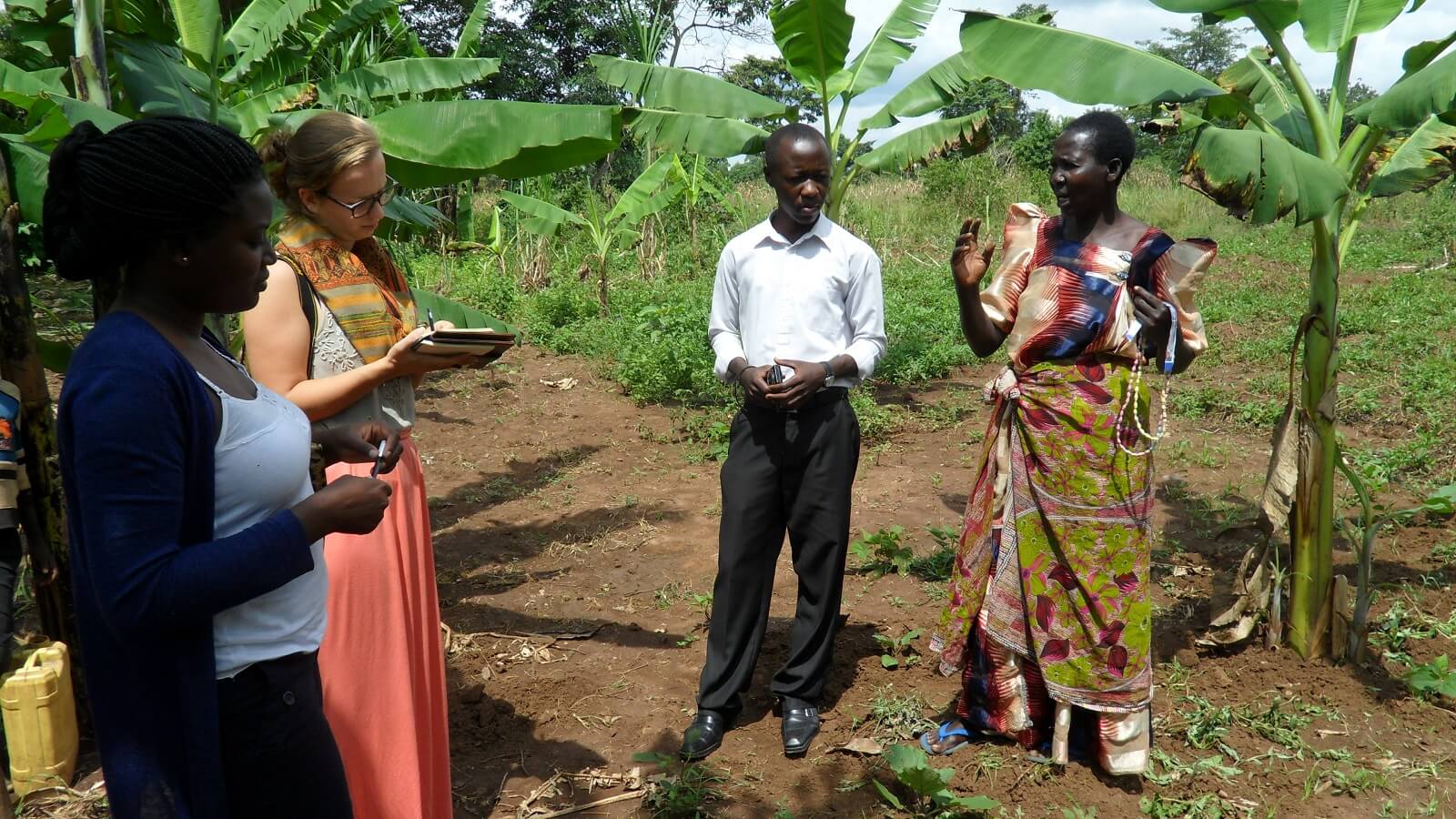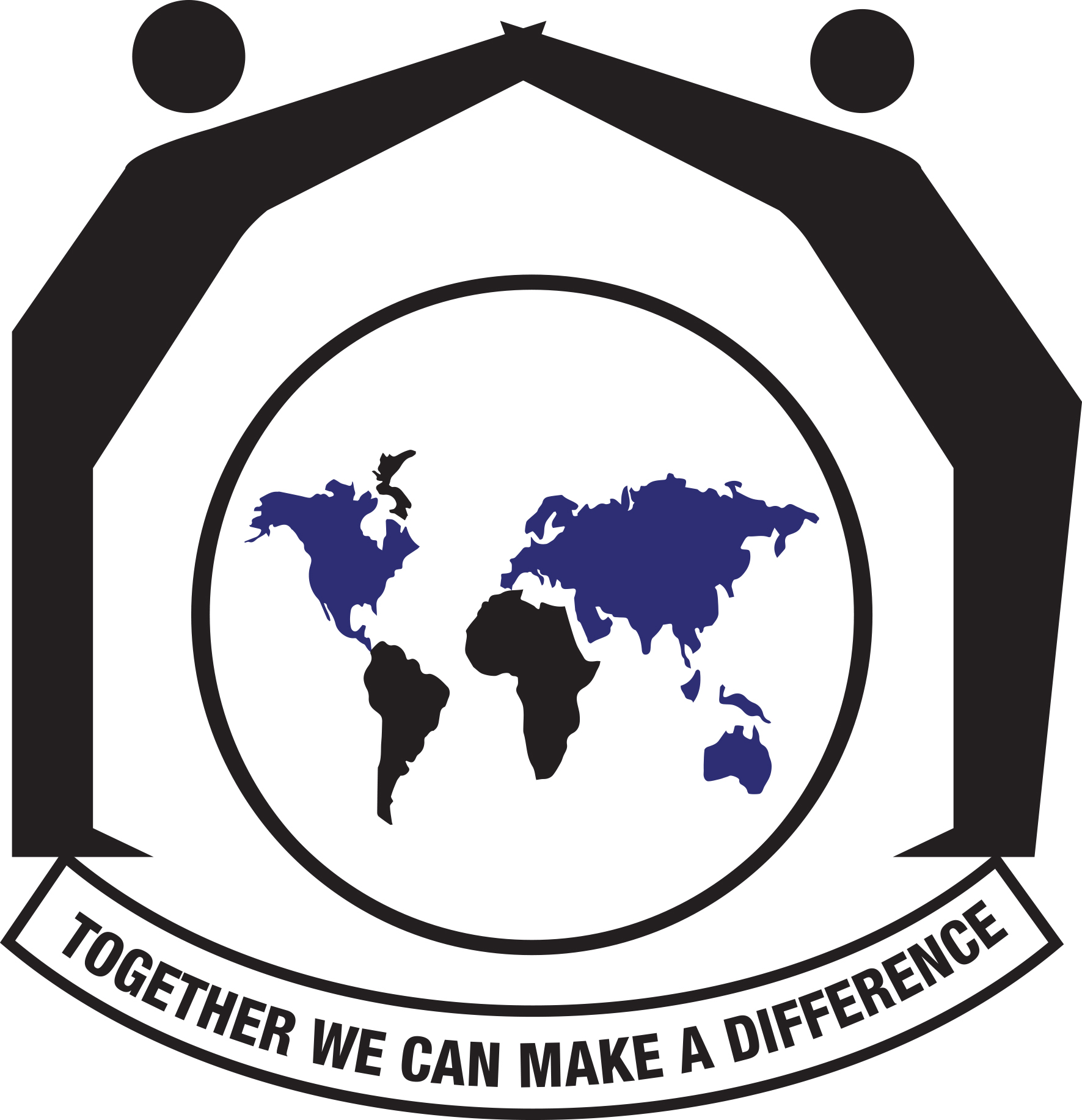
Objective:
To document human rights practices in order to generate debate and dialogue for policy and practice change
The Government of Uganda put in place a legal, policy and institutional framework and started several reforms to strengthen respect for and enjoyment of human rights, deepen democratic governance and promote accountability. Uganda also voluntarily ratified numerous international human rights instruments and treaties, creating obligations to protect, promote and fulfil human rights observance. However the crisis at the level of practice is glaring.
FHRI believes that commitment to human rights is not just about putting in place a legal and policy framework, but ensuring that the provisions therein are implemented in practice and the gap between policy and practice is closed by the relevant government authorities. Further still, for civil society to engage with the government effectively on these gaps, claim rights and demand for accountability, there is a need for an efficient information system, able to generate data and the relevant information consistently to facilitate external review and engagement with state institutions on their human rights practices. Lastly, considering the 2015 MDGs, it is imperative that an assessment of progress in the realization of economic, social, and cultural rights is undertaken.
In order to address these gaps while building its 29 year track record of human rights monitoring, FHRI conducts human rights research on key human rights issues; we undertake analysis of relevant policy framework while tracking progress in implementation; identify gaps in human rights practice, and underscore institutional challenges in our thematic reports.
FHRI’s areas of focus include: freedom of expression, association and assembly including the media; exercise of legislative power; the right to food and food security; administration of justice; police and prison conditions; torture, juvenile justice, electoral democracy, police accountability, the right to a fair hearing, right to health, the right to life, the application of the death penalty within the criminal justice system; political pluralism and multi-party democracy; decentralised governance, eradication of extreme poverty, and natural resource management. The research findings reflect the cross-cutting issues of gender, HIV/AIDs, child labour, rights of women, children, disabled, minorities, refugees, business and human rights. The thematic reports create a basis for reform and promotion of discussion of strategies to enhance respect for human rights in Uganda. On release of the reports, FHRI follows up with relevant stakeholders to discuss the findings and recommendations given on the issues raised.
Under penal reform, FHRI continues to monitor detention facilities in the country. FHRI produces reports on the findings which we share with institutions in the justice, law and order sector and relevant stakeholders (including General Court Martial) to find solutions that address the challenges found. FHRI advocacy efforts ensure that potential solutions are found within the available resources besides restoration and respect of the already designed systems for better management of the facilities. The collaboration between FHRI and the Justice Law and Order Sector – Human Rights and Accountability Working Group (JLOS HRAWG) paves the way for meaningful engagement and boosts a fast-tracking mechanism of pertinent issues.
The desired result of this process is an increased respect and adherence to the law and legal procedures; increased integration of the Human Rights Based Approach in government plans and policies, and a strengthened legal, policy and institutional framework that promotes equitable human development.
